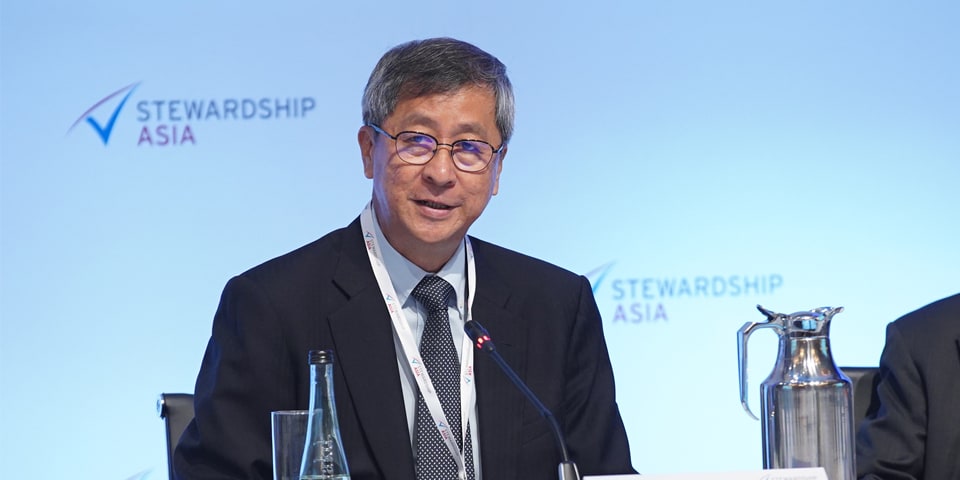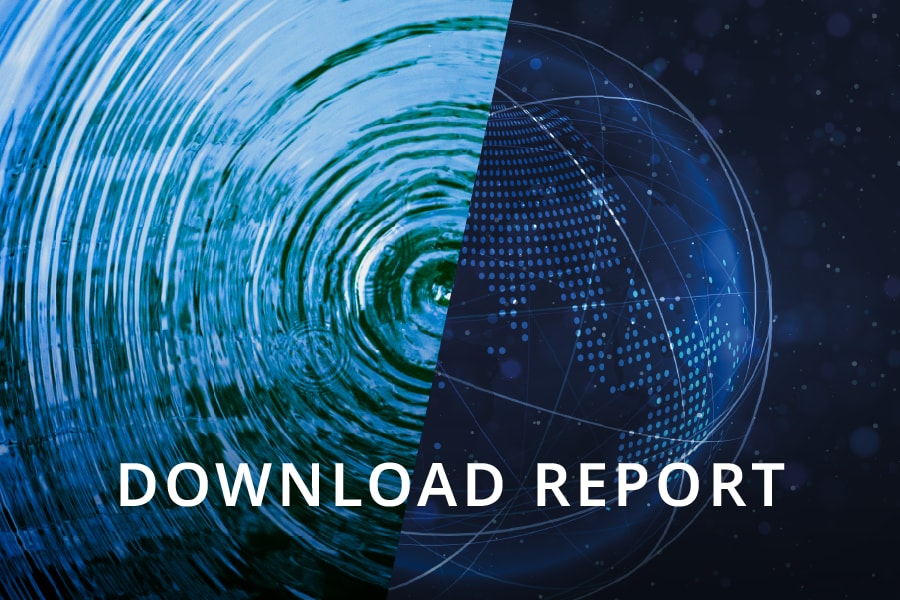Transcript: Opening Remarks by Lim Boon Heng at Stewardship Asia 2018 Roundtable

Distinguished guests, ladies and gentlemen
The concept of stewardship in business has evolved over time. And while we are all familiar with the concept of stewardship, I’d like to take a brief step back.
Ideas that are precursors of “stakeholder theory” have been with us since ancient times. In classical Greece, businesses were expected to be of service to the community. In the medieval period, a good businessman must be honest in intention and actions, and is expected to use his profits in a socially responsible way. It’s the concept of noblesse oblige1.
Several old British, European and US businesses subscribe to the “Quaker ethic”. The Quaker ethic in business is summarised by this statement:
“The real goal for an employer is to seek for others the best life of which they are capable.”
Likewise, in Asia, businesses have contributed back to society: building roads, repairing bridges and building schools. Social responsibility is also embedded in Confucian thinking.
In recent times, the idea of “ethical capitalism” has been promoted. The framework of “ethical capitalism” is built upon the strong belief that businesses exist to contribute to the development of the communities in which they operate.
Businesses serve not only shareholders, but also stakeholders. Stakeholders include: employees, customers, business partners and the community.
Businesses serve society by making profit. But profit is the means, not the end. As Japanese business leader, the late Konosuke Matsushita said2:
“Some people think that the purpose of an enterprise is to make profit. Indeed, profit is indispensable for conducting proper enterprise activities. …. However, profit in itself is not the ultimate goal of an enterprise. More basic is the effort to improve human life through enterprise management. Profit becomes important and necessary only to better pursue this basic mission.”
And that, from a Japanese business leader.
Profit oils the economy: it is a measure of performance; the currency of exchange by which corporations pay workers. Workers pay schools to educate their children, and both workers and corporations pay taxes for the benefit of society.
Today, when we discuss stewardship, we are refining what the role of business is, in the current context, in the current environment, but on the same universal principles.
Today, there is clearly a lot of angst among working people around the world, leading to the rise in populism and unpredictable outcomes in elections in different countries in the past two years. Many view that we are not delivering ‘the best life for which people are capable’.
What principles can we draw up from what the world is experiencing, that will help companies to run their businesses to deliver a better life for people?
I shall contribute to the discussion by suggesting that we must first understand the underlying trends or forces that have caused the rise in angst around the world.
I shall name three: growing inequality, disruption from new technology, and longer life expectancy.
Growing inequality has come about for two reasons. First, more of the wealth created has gone to capital and less to labour.
Second, in a highly connected world, labour has become globalised; top talent is limited, less skilled talent is plentiful. This has skewed the distribution of wages. The majority have experienced wage stagnation, or worse still, wage decline. And it is reflected in how they feel about the cost of living.
Technology has displaced many workers from jobs, and with the rise of artificial intelligence, many more traditional occupations will change or disappear.
We will see more change in the next five years than past generations saw in their entire working life. Technology innovations, affordably available, make things possible that weren’t, just a few years ago.
However, not enough has been done to help those whose jobs have been disrupted to find new jobs. What new investments will create new jobs? What needs to be done to re-train them for these new jobs?
At the same time new business models have emerged: for example technology platforms that change the way business is done, but which create many low-paying jobs or distribute them more widely. Usually the market will work, find the solutions. However, as the pace of change is so rapid, it is difficult for workers to adjust.
The third trend is ageing populations. One reason for ageing populations is the fact that we are living longer.
To be able to live longer should be a blessing, a reason to celebrate, but instead it has become a challenge. Social security systems are inadequate, and people do not have enough savings.
These issues cannot be solved by employers or workers acting alone. Instead it should be a tripartite effort – government, employers and workers working together.
Stewardship is about building a long term sustainable future for our companies, and our companies need to be operating in harmonious, prosperous societies. You cannot have one without the other.
As stewards of our businesses, we must be alert to disruption. We must lead and make bold decisions to prepare for change, and ready our teams for what’s coming.
Stewardship Asia has over the past three years developed stewardship principles for business. Is it time now to develop the principles from a more holistic perspective, embracing tripartism? This is a question I look forward to us discussing today, in the context of these disruptions.
Our principles define how we behave, and the true test of those principles will be during the most disruptive of times.
It is why leadership and stewardship are so important during times of disruption.
I started by discussing how businesses have a wider responsibility than just giving shareholders the best returns. Next, what is the role of organised labour, the unions?
Unions champion workers welfare. The best welfare we can provide for a worker is a job. That means creating the environment for investments, helping workers acquire the skills needed for jobs through training and re-training.
Next, we must understand that it is everyone’s aspiration that life should always improve. It means workers need real, yet sustainable, wage increases to pay for a better life.
Sustainable wage increases come from higher productivity. Organised labour, therefore, has to work with employers to raise productivity, which, in turn, should drive business growth. Everyone must share in that growth, not shareholders alone.
Those that may not make it will need an extra hand. Providing that is also an important part of stewardship in a disruptive world.
Finally, what is the role of a good government? It must be to give people a better life.
Seen in this context, there are convergent interests among the three parties of government, employers and organised labour. There is more to be gained working together than against one another.
In short summary, this is the approach that we have adopted in Singapore. However, as the world around us continues to change at a great pace, yes, there are many areas still to improve.
Using this example, perhaps we can refine and reframe stewardship principles and our collective responsibilities to bring about a better world.
So with those thoughts, I wish all of us a fruitful Roundtable discussion ahead, and thank you for joining us today. Thank you.
_____________________________________
Footnotes
1 Translates as "nobility obliges"; the concept that nobility extends beyond entitlements and obligates a person who holds commensurate status to fulfill social responsibilities. For example, a primary obligation of a businessman could be towards those around him.
2 In his 1978 booklet, “My Management Philosophy”
